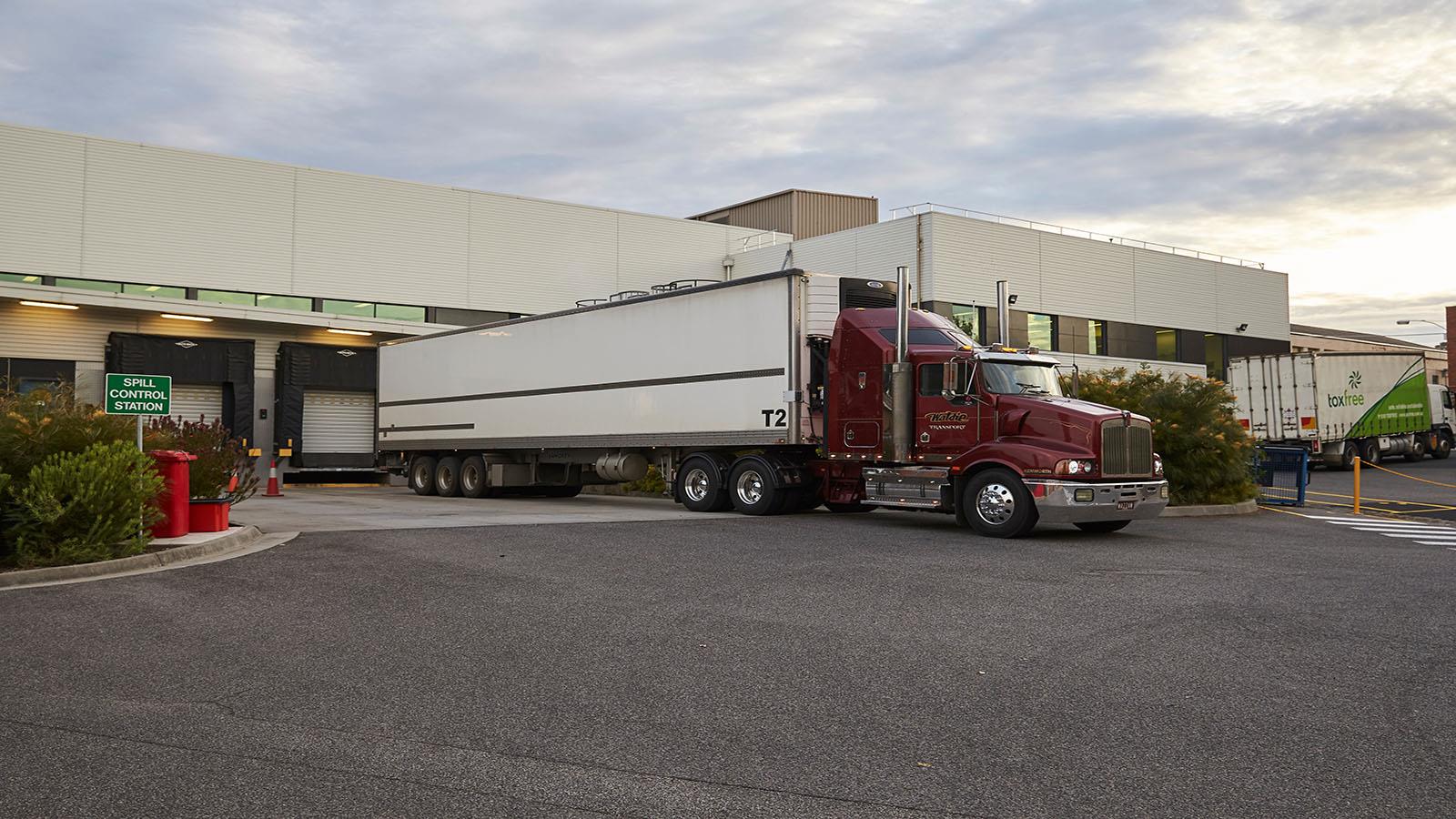Influenza vaccine manufacturing is an intricate and complex process that culminates in the summer months, when U.S. flu vaccine manufacturers receive regulatory approval from the FDA for the season’s vaccines. The manufacturers then prepare to distribute millions of doses to health care providers all over the country. That process began in early July – when CSL Seqirus, influenza vaccines provider, started sending out its first customer shipments.
And for us that means not just delivering one kind of vaccine, but rather, several - all in the name of protecting public health, explained Dave Ross, Vice President of North America Commercial Operations at CSL Seqirus.
“This season, CSL Seqirus’ portfolio of influenza vaccines is poised to help provide protection to more people than ever before, including vulnerable populations like young children and adults 65 years and older,” Ross said. “Our public health partners rely on us season-after-season to deliver influenza vaccines to ensure as many people as possible can get vaccinated.”
But what does it take to deliver them on time for the flu season ahead?
“The entire operation of distributing more than 55 million doses of vaccine to our customers in the U.S. market takes a tremendous amount of collaboration across multiple functions and amongst our staff,” said John Spencer, Executive Director of Commercial Operations at CSL Seqirus. “And in commercial, that means working very closely with our industrial partners in supply chain, manufacturing and quality to assure we are putting the best plans forward to meet the needs of our customers.”
Furthermore, CSL Seqirus works in a market that is very time-sensitive and sending product reliably to customers week after week is important to us, he continued.
“We have a very small shipping window to assure our vaccines are in our customers hands, so they do not miss an opportunity to immunize,” Spencer said. “The COVID-19 pandemic has taught us a lot in how to better prepare and ensure we are more ready than ever to ship reliably in this small window.”
Often manufacturers like CSL Seqirus employ a just-in-time approach for some of their materials—that is, shipping boxes used in customer distribution, to assure they don’t over procure in a time sensitive market. But over a year ago, and fresh off the learnings of the pandemic, CSL Seqirus adapted their procurement strategies to assure they could continue to be a reliable provider of flu vaccines.
“CSL Seqirus is one of the leading suppliers of influenza vaccines for the U.S. market. Had we not adapted our procurement practices, it would have had a significant impact on public health and the many lives that we help to protect,” Spencer said.
While the materials are imperative to a shipment, for CSL Seqirus Head of Global Logistics, Paul Wolstencroft, it is also the relationships you have with partners that ultimately enable the vaccines to get to their destination on-time and safely.
“Whether under normal circumstances or in a state of emergency, the key is being truly agile and having tremendous collaboration with freight partners, government agencies and customs brokers,” Wolstencroft said. “It is a partnership, and by being there to teach, train, as well as to give and take feedback, this ensures a smooth and fast customs clearance process.”

